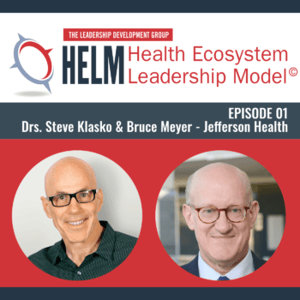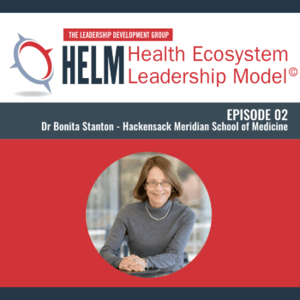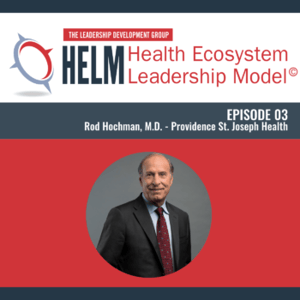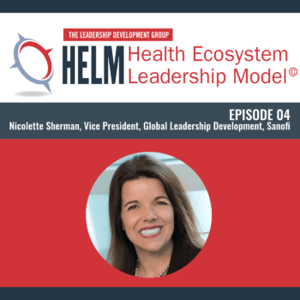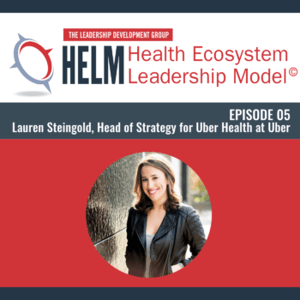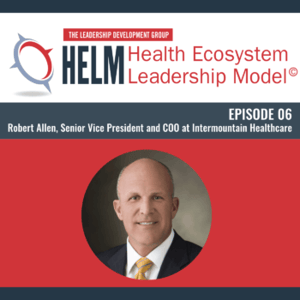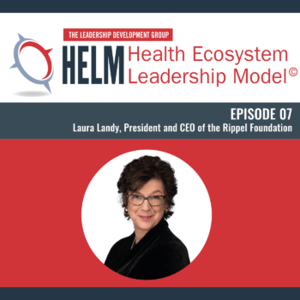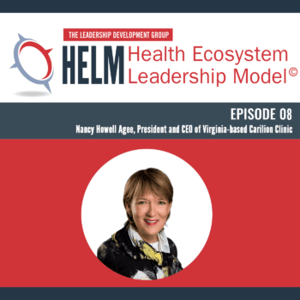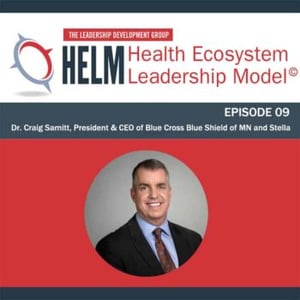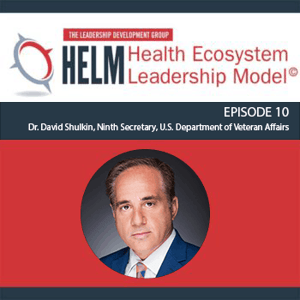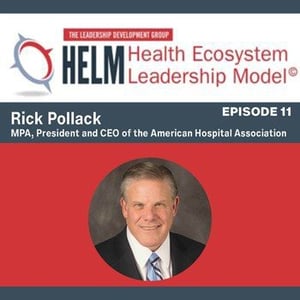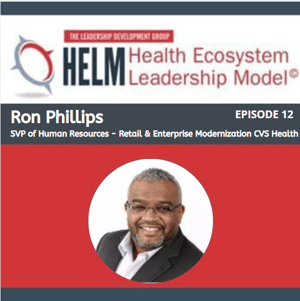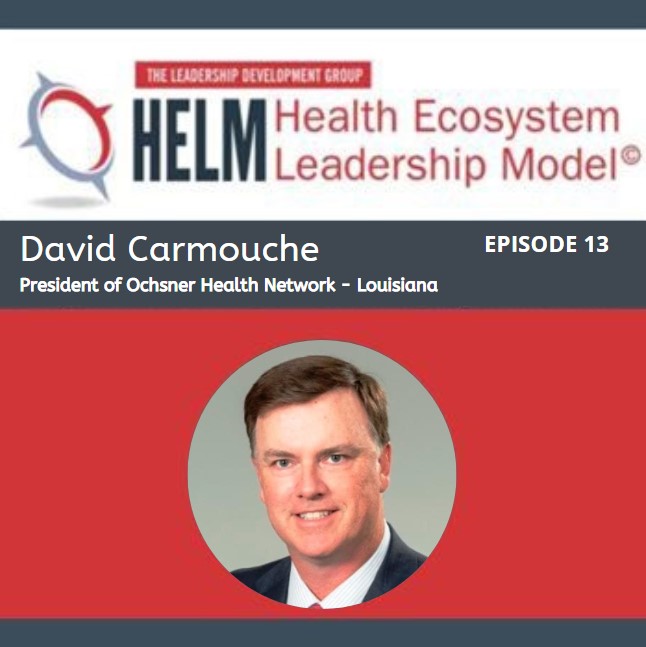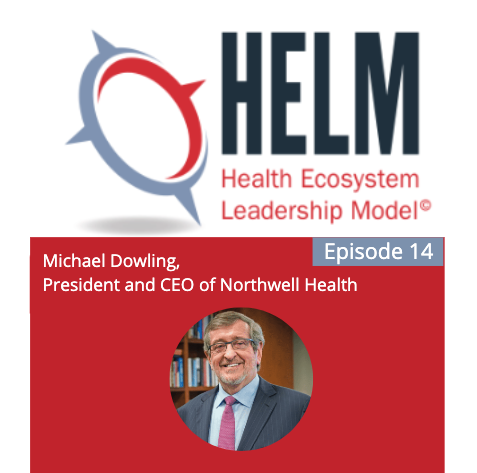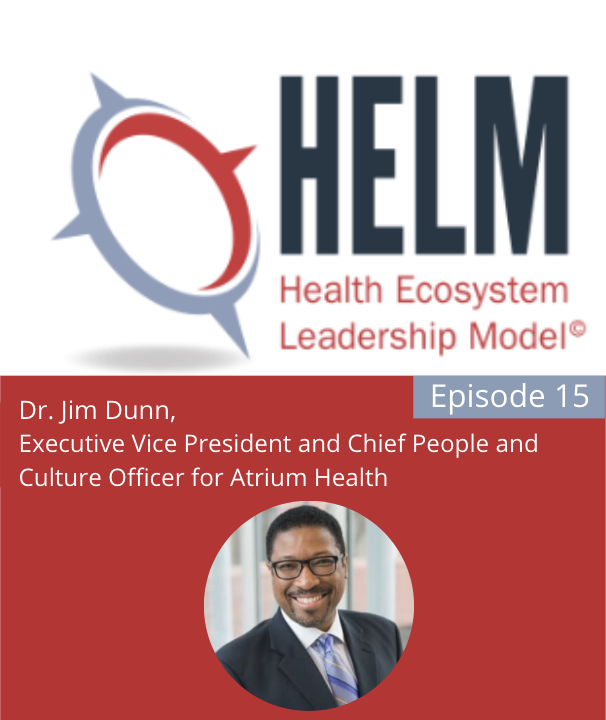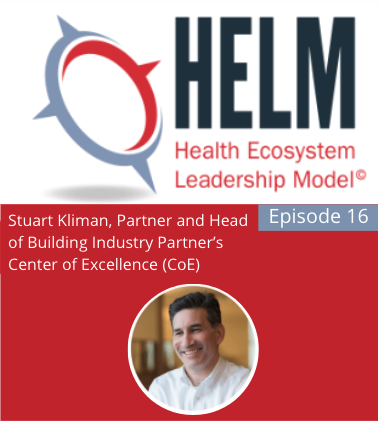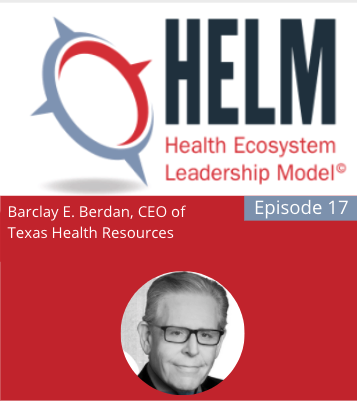Dr. Shulkin’s new book “It Shouldn’t be This Hard to Serve Your Country” was released October 22nd, 2019. The book details his fight to save veteran health care from partisan politics and how his efforts were ultimately derailed by a small group of unelected officials appointed by the Trump White House. In this uninhibited memoir, Shulkin opens up about why the government has long struggled to provide good medical care to military veterans and the plan he had to solve these problems. This is a book about the commitment we make to the men and women who risk their lives fighting for our country, how the VA was finally beginning to live up to it, and why the new administration may now be taking us in the wrong direction.
Steve Klasko is the President and CEO of Philadelphia-based Thomas Jefferson University, where through his transformative and visionary leadership, he has steered one of the nation’s fastest growing academic health institutions from three hospitals to 14 with annual revenues in excess of $5.1 billion. Bruce Meyer is Senior Executive Vice President of Thomas Jefferson University and President of Jefferson Health, serving as the organization’s clinical leader responsible for transforming Jefferson Health into a single, integrated system with a seamless and consistent patient experience.







